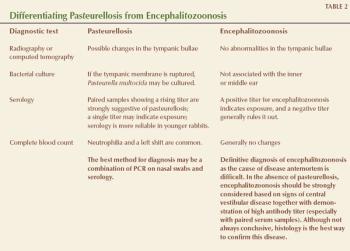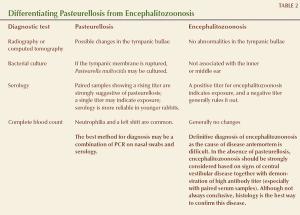
A sound preventive medicine program is the foundation of an animal health program because it is difficult to perform diagnostic tests or treat sick animals successfully; wild animals often mask signs of illness until late into the disease process; and disease outbreaks can have devastating population effects.

